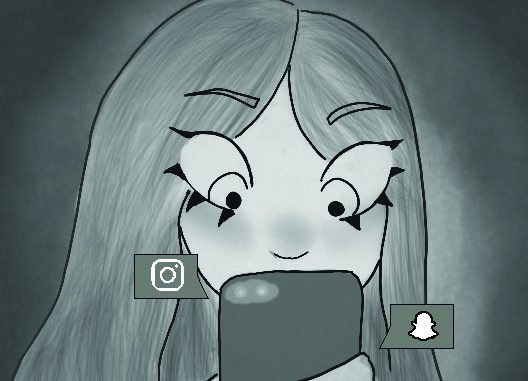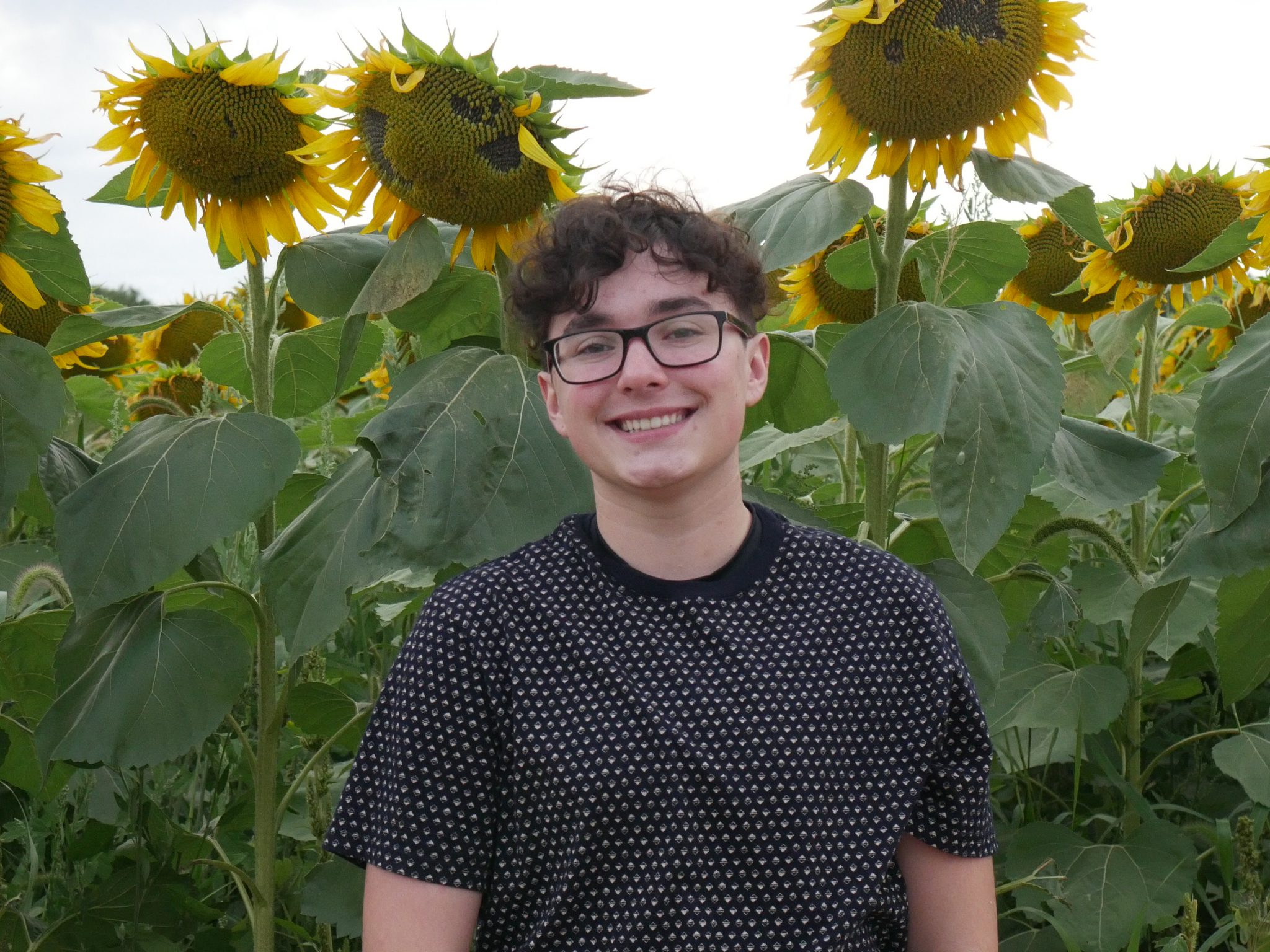
Written by Kaden West, Staff Writer

With social media steadily rising through TikTok trends, Snapchat filters, and Instagram likes, there’s a need to discuss what goes on behind the screen.
Researchers are investigating whether social media causes narcissism in its users. Yet, it seems to be doing the exact opposite.
When logging onto social media, one would see many selfies, pictures with friends and family, perhaps some logs of accomplishments, and other posts of that sort. At first glance, these seem arrogant. But if you were to take a closer look, you can see these posts are not ones of self-importance. They are seeking validation.
The likes on social media provide the validation that insecure individuals are searching for, which encourages them to post more in order to get more likes. The cycle continues and feeds into the constant need for validation, causing social media to become a source of insecurity.
Self-disclosure on social networking sites stimulates the same part of the brain that also lights up when taking an addictive substance, according to The Addiction Center.
Because of this obsession with likes and comments, social media users start to compare themselves to others who have more followers or overall social media clout than they do. This is a pressing issue with those who use social media to cope with insecurity, especially within teenagers.
For teenagers, the combination of vulnerability, the need for validation, and a desire to compare themselves with peers forms what Donna Wick, EdD, in the Social Media and Self-Esteem article of Child Mind Institute, characterizes as a “perfect storm of self- doubt.”
Social media has become a way for people with underlying insecurities, especially in adolescence, to put up a front of who they want others to perceive them as. Their social media persona allows them to escape the reality of their being, avoiding things like their weight, overall physical appearance, their style, the way they speak, and ultimately anything else. Behind a screen, you have the capacity to change it all.
According to New York Behavioral Health, as people use social media sites in their everyday life, they risk overexposure to social comparisons that can have a cumulative negative effect on their well-being.
It is important for people to understand that their social media personas are not the true way to cope; it’s simply a way to escape reality. Through the use of social media, people are becoming more insecure because they are not achieving the persona they’ve created on social media in reality, only through a screen.
In order to actually be the person you want to be, you need to take a break from social media and nd your true self. You need to find yourself, not the person you’ve created in order to get digital likes.
